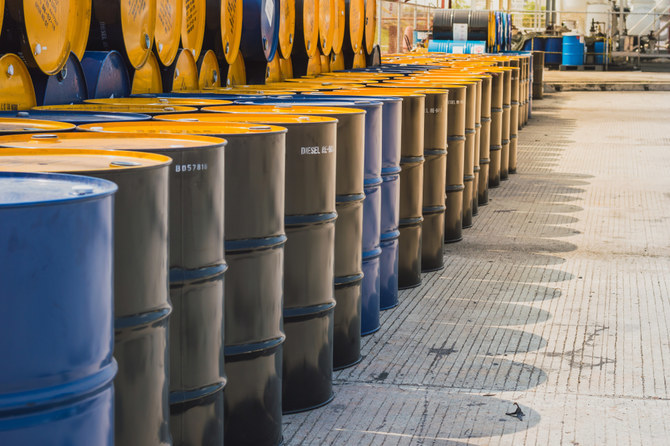The Oil Companies Advisory Council (OCAC) has called on the government to abolish the super tax and reconsider sales tax exemptions for the petroleum sector in the upcoming Budget 2026. The sector has raised concerns over increased operational costs due to the imposition of a sales tax exemption on petroleum products such as petrol, high-speed diesel (HSD), kerosene, and light diesel oil (LDO), as introduced by the Finance Act 2024.
Previously zero-rated, these products now face input tax accumulation, which has added to the operating and infrastructure costs for the industry. According to OCAC, the estimated impact of this change for Tax Year 2025 exceeds Rs33 billion. The council has proposed reinstating the taxable status of these petroleum products to ease the financial burden.
OCAC has requested the removal of the super tax, which was initially introduced as a one-time measure. The tax, now part of the permanent structure, is putting additional pressure on businesses already struggling with local and global economic challenges. OCAC is advocating for its removal for Tax Year 2025-26.
The council has also raised concerns regarding the minimum tax under Section 113 of the Income Tax Ordinance, which it claims disproportionately affects petroleum product margins, set by the government. OCAC recommends reducing the minimum tax rate for refineries and oil marketing companies (OMCs) to 0.25% to ensure fairer tax burden distribution.
Additionally, the reintroduction of sales tax on advance receipts under the Finance Act 2024 has raised objections. OCAC believes that this tax, imposed due to high transaction volumes, places a significant burden on OMCs without yielding substantial revenue for the government.
Other areas of concern include the power of the commissioner to issue exemption certificates, which was withdrawn under the Finance Act 2024. The council argues that this change has impacted refineries, which operate on large sales volumes and low margins. OCAC also recommends restoring the final tax regime on exports, which was altered to a minimum tax structure, impacting refineries that export products like furnace fuel oil and naphtha.
OCAC has also called for the reinstatement of tax exemptions on subsidy income received from the federal government, a benefit that was removed under the latest tax reforms. The council argues that this change negatively affects companies following government directives.
In terms of personal taxation, OCAC highlighted concerns about the revised tax slab rates for salaried individuals, which were introduced by the Finance Act 2024. The addition of a 10% surcharge on high earners and the lowering of tax slab thresholds has led to increased tax burdens for many mid-level earners. OCAC recommends reverting to the previous tax structure to ease the strain on disposable incomes and corporate wage structures.
The industry body also addressed ongoing issues surrounding OMC margins and cost recovery, citing losses from the sales tax exemptions and unresolved tax claims totaling Rs73.48 billion from April 2022 to June 2024.
OCAC urged the government to revise OMC margins based on the actual costs of operations, including financing costs tied to stock coverage and inflation. The council proposed annual margin revisions, in collaboration with the Oil and Gas Regulatory Authority (OGRA) and the Petroleum Division, to ensure that industry costs are accurately reflected in pricing structures.























